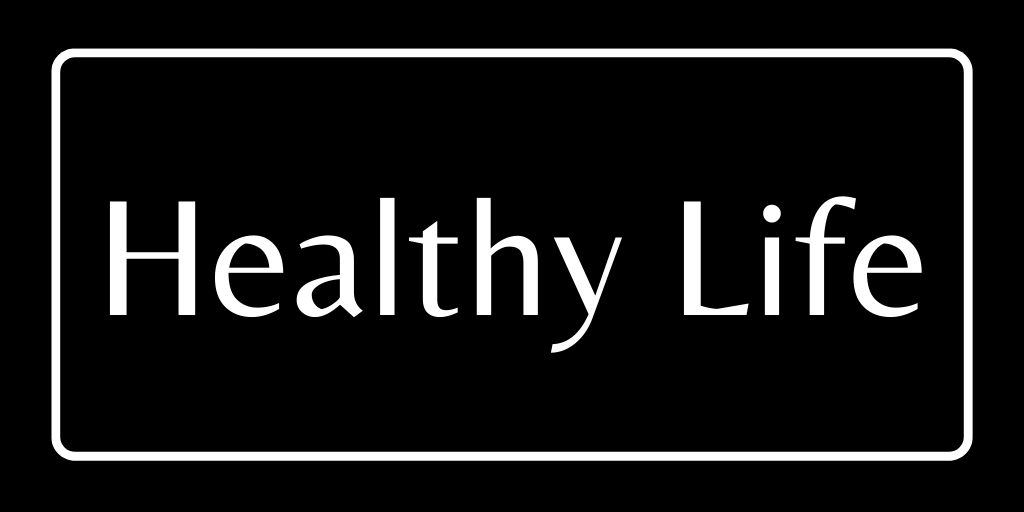"Cookie Cutter" Low Carb Diet Plans Explained
Most diet plans, including low-carb diets, should be approached with caution. While a plan might work wonders for your best friend, it could fall flat for you. For those dealing with serious weight issues or co-existing conditions like hyperglycemia (high blood sugar) or hypoglycemia (low blood sugar), popular diet plans often fail to address individual needs. We are all unique, and our diets should reflect that individuality. That said, some diet plans are better suited for the general population than others.
To determine which diet plan is right for you, consider the following guidelines. These principles are rooted in common sense and provide a reliable framework for distinguishing between unsafe fad diets and those offering safe, healthy advice:
Balance and Variety: A good diet includes a mix of carbohydrates, protein, and fats.
No Extreme Exclusions: Avoid plans that exclude entire food groups or promote excessive consumption of any single group.
Exercise Integration: A sound diet encourages physical activity alongside healthy eating habits.
Portion Awareness: Pay attention to portion sizes to avoid overeating.
Realistic Goals: Steer clear of diets promising rapid, unrealistic weight loss.
Scientific Backing: Look for plans supported by medical research.
Low Carb Diets
Low-carb diets are all the rage, with opinions divided on whether they are mere fads or revolutionary approaches to healthy living. Plans like The New Atkins Diet Revolution argue that obese individuals are insulin-sensitive and prone to weight gain from carbohydrates. Others, such as The Zone, propose specific ratios of carbs, protein, and fats to encourage weight loss, with protein as the primary energy source.
Some plans, like Sugar Busters, label sugar as the ultimate enemy, advocating for significant carbohydrate restrictions. Similarly, The Scarsdale Diet emphasizes high protein and low carbs in a two-week crash diet format. Popular options like The South Beach Diet and The Carbohydrate Addict’s Diet appeal to those who struggle with stricter plans like Atkins.
While these diets claim to address the obesity crisis, they remain controversial. On one hand, research has highlighted benefits such as weight loss, improved cholesterol levels, and stabilized insulin levels for those following low-carb diets. On the other hand, critics argue that these diets lack balance and variety, and could pose risks for individuals with heart conditions. Moreover, extreme low-carb plans are often unsustainable, leading to yo-yo dieting—a cycle everyone wants to avoid.
Research Findings
Studies present a mixed picture of the low-carb diet phenomenon:
Limited Benefits: Studies by Layman et al. and Saris suggest that while low-carb, high-protein diets stabilize insulin levels, they offer little additional weight-loss benefit. Saris even notes that high-fat, low-carb diets may increase the risk of weight gain.
Positive Outcomes: A 2004 study found that patients on low-carb diets experienced greater weight loss, reduced triglycerides, and increased HDL ("good" cholesterol) compared to those on low-fat diets. These findings support the potential long-term benefits of low-carb eating.
Final Thoughts
Despite some promising results, mainstream medicine remains cautious about endorsing low-carb diets. Concerns about their sustainability, lack of balance, and potential health risks underline the importance of choosing a plan that aligns with your personal needs and long-term health goals. Remember, there’s no one-size-fits-all solution when it comes to dieting. The key is finding a plan that works for you and supports a balanced, healthy lifestyle.







0 Comments